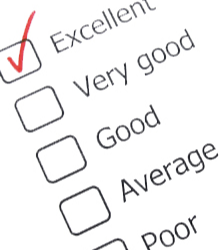Het arrangement Family and friends hv123 is gemaakt met Wikiwijs van Kennisnet. Wikiwijs is hét onderwijsplatform waar je leermiddelen zoekt, maakt en deelt.
- Auteur
- Laatst gewijzigd
- 28-07-2017 12:24:04
- Licentie
-
Dit lesmateriaal is gepubliceerd onder de Creative Commons Naamsvermelding-GelijkDelen 3.0 Nederland licentie. Dit houdt in dat je onder de voorwaarde van naamsvermelding en publicatie onder dezelfde licentie vrij bent om:
- het werk te delen - te kopiëren, te verspreiden en door te geven via elk medium of bestandsformaat
- het werk te bewerken - te remixen, te veranderen en afgeleide werken te maken
- voor alle doeleinden, inclusief commerciële doeleinden.
Meer informatie over de CC Naamsvermelding-GelijkDelen 3.0 Nederland licentie.
Aanvullende informatie over dit lesmateriaal
Van dit lesmateriaal is de volgende aanvullende informatie beschikbaar:
- Toelichting
- In het thema Family and friends leren leerlingen door te luisteren (listening), te lezen (reading), te spreken (speaking) en te schrijven (writing) hoe ze in het Engels over hun familie en vrienden kunnen vertellen. In het onderdeel Grammar is er aandacht voor het zelfstandig naamwoord, 'a' en 'an', meervoud, de '-ing'-vorm (present continious) en de woordvolgorde.
- Leerniveau
- VWO 2; HAVO 1; VWO 1; HAVO 2;
- Leerinhoud en doelen
- Schrijven; Engels; Luisteren; Spreken; Gesprekken voeren (Nederlands);
- Eindgebruiker
- leerling/student
- Moeilijkheidsgraad
- gemiddeld
- Studiebelasting
- 12 uur 0 minuten
Gebruikte Wikiwijs Arrangementen
Leermateriaal, StudioVO. (z.d.).
Family and friends hv123


 Zo werkt het
Zo werkt het

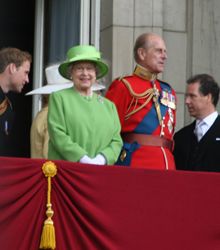
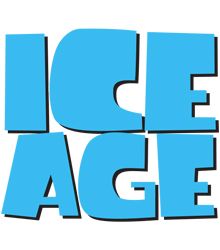
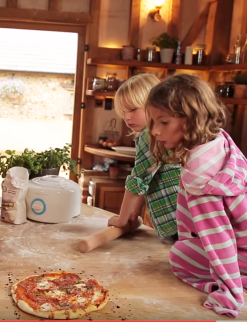
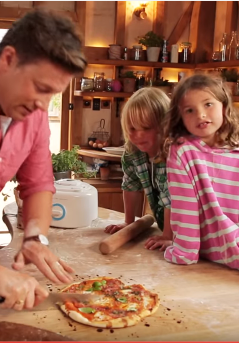
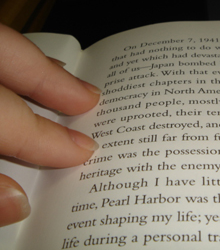

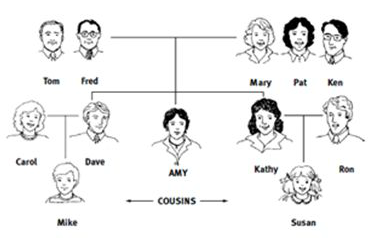
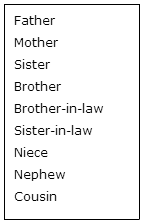
 You are going to read the text 'My dad', where Lottie tells about her dad.
You are going to read the text 'My dad', where Lottie tells about her dad.
 Guess who
Guess who

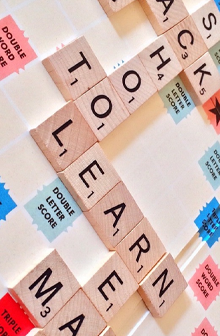 Words
Words

 Typing game
Typing game
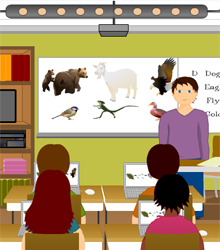


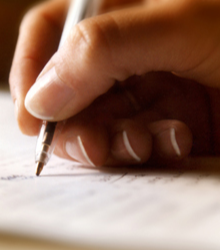
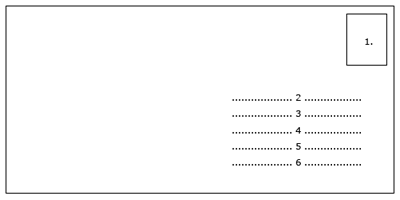
 A thank you note
A thank you note

